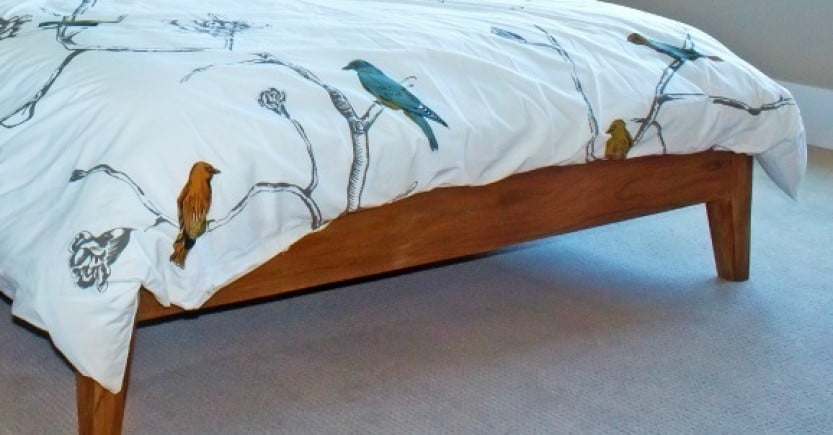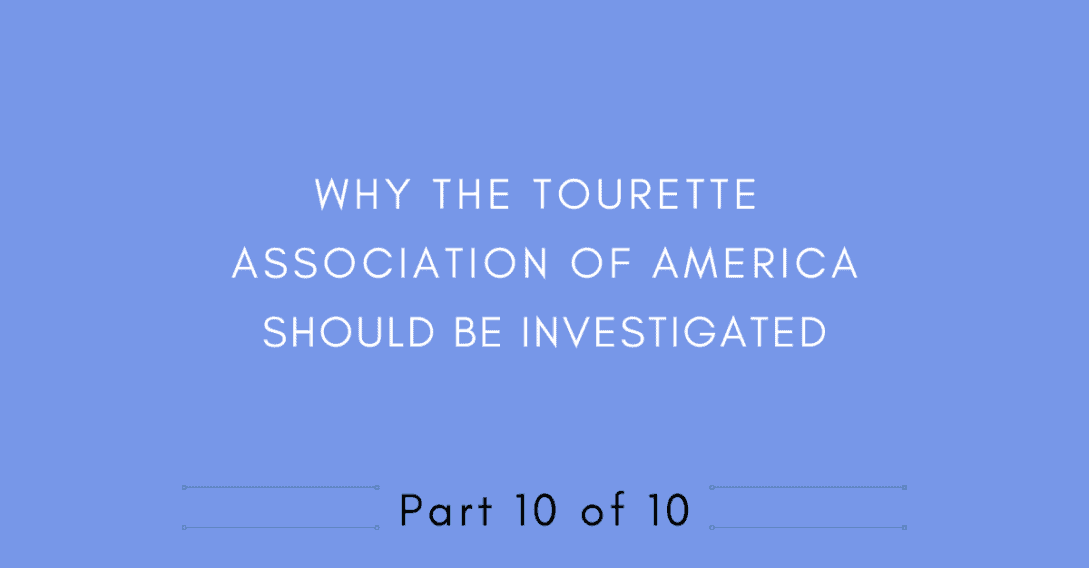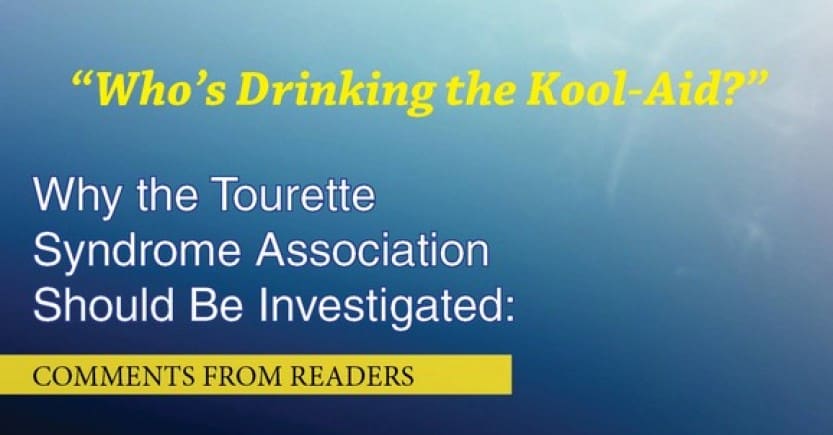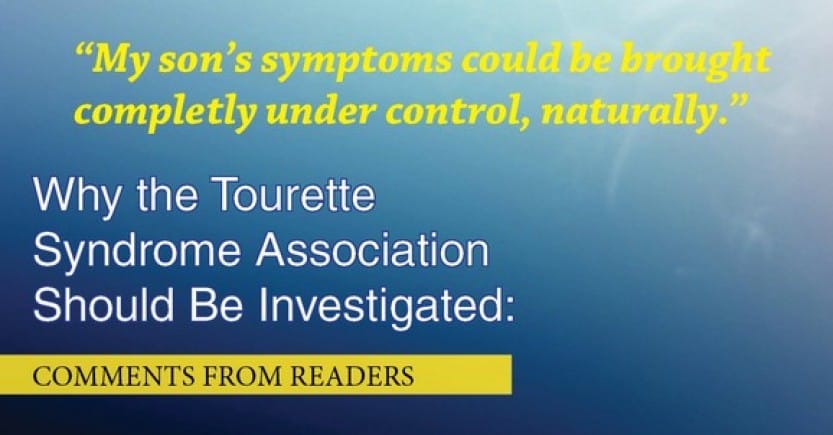Tics and Tourettes: Prevention and Treatment
There’s a saying that genetics loads the gun, but the environment pulls the trigger. Whether or not you have a family history of Tourette syndrome or related tic disorders, there are several approaches you can take to prevent and treat symptoms.
Doctors often tell people with Tourettes that there is nothing they can do to besides reducing stress: “The tics wax and wane—they come and go on their own.” Some even refer to the process as a “mystery.” Families are apparently expected to just sit back and watch the ups and downs take place. This attitude makes about as much sense as telling people with allergies that their symptoms will “wax and wane,” without explaining which allergens may affect a person’s symptoms.
Of course, doctors would tell their patients why vocal and muscle tics wax and wane—if they knew. But there has been an appalling lack of interest in the role of the environment by leaders in the field. In fact, for the last 18 years, our organization is the only group that has been vigorously exploring a range of factors that can aggravate tics, such as toxic exposures; food sensitivities and food allergy; heavy metals; nutrient imbalances; infection, allergens, and immune system issues.
Our book Natural Treatments for Tics and Tourettes: A Patient and Family Guide gives a comprehensive explanation of non-toxic prevention and treatment options with a review of behavioral approaches, acupuncture and biofeedback; hypnosis may also be helpful.
Families can learn more with our article Finding Triggers for Tics: A Must Read. An integrative physician can assist in determining underlying biological causes of symptoms. While the standard treatment for tics focuses on strong medications that many seek to avoid, ACN Latitudes offers valuable options to patients and families.




.
Related articles are shown below. If you don’t find what you’re looking for, you can search using the box at the upper right of the page or browse our forums.
This past May, my seven-year-old son started to have chronic, frequent head-rolling tics. It was initially caused by a stressful sports competition. He is a perfectionist and he put a lot of pressure on himself […]
I had tics as a kid, but they were never diagnosed at the time. My mother simply called them “nervous habits,” which she and her mother also had. But mine were complex tics, mostly involving […]
Parent #1 I’m sharing something that I hope will help your readers. Even though it has been many years since my son’s Tourette syndrome was brought under control, it still makes me angry that I […]
Sheila Rogers DeMare, Director Association for Comprehensive NeuroTherapy This is the final article in a series that has documented the Tourette Association of America’s (TAA) failure to determine the cause of Tourette syndrome and find […]
TOLD BY MEREDITH, AGE 11 I want to tell you how upsetting my life was with Tourette syndrome and how I got better. I have changed my diet and am doing some other things to […]
In this article five readers share their reaction to our series on “Why the Tourette Syndrome Association Should be Investigated.” My poor boy suffered through a lot. Tics started appearing at three. By seven he was […]
This comment was written by Dr. Daniel Fuks in response to Why the Tourette Syndrome Association Should Be Investigated: Part One. A second comment by Marne Glaser follows. I am a cardiac surgeon and I have […]
Sheila Rogers DeMare, Director Association for Comprehensive NeuroTherapy The TAA/TSA has censored and controlled the media message, making it difficult for families and physicians to learn of integrative and natural approaches to Tourette syndrome. Producers […]












